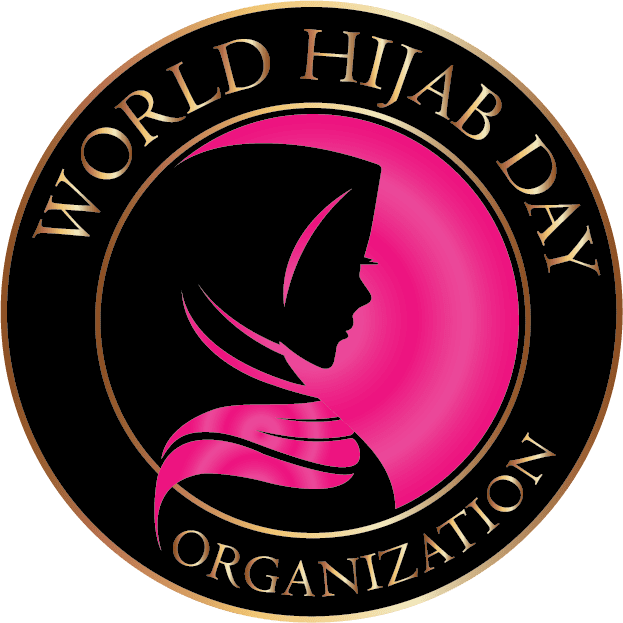By Rumki Chowdhury
Remember the #Handsoffmyhjiab (PasToucheAMonHijab) movement in 2021? The struggle is still real, especially in The Olympics 2024, taking place in France, a country notorious for its laws against religious garb including the hijab.
Upon research, Amnesty International has discovered that out of the 38 European countries participating in The Olympics, especially FIFA (International Football Federation), FIBA (International Basketball Federation) and FIVB (International Volleyball Federation), France fully inhales and exhales strict national laws and sports regulations on “headgear” or more specifically, hijab.
Therefore, the IOC appears so desperate to continue the games in France that they went along with the hijab ban despite their dedication to their values and principles of inclusion. If one were to analyze the principles of Olympism, then it is clear that their philosophies to creating a better world through sports and their service to humankind, are defined as the following:
-Universality and Solidarity
-Unity and Diversity
-Autonomy and Governace
-Sustainability
Do any of the above align with the current hijab ban in The Olympics? This question is rhetorical because the IOC has blatantly compromised their principles, which proves detrimental to their reputation. If they didn’t have a hijab ban back in the 2020 Olympics, then why have it now?! Simple-the games are taking place in France, not in Japan or any other country for that matter.
While French Prime Minister Gabriel Attal stated in a speech back in 2023, “We are sending the message to all women: your body belongs to you and no one has the right to control it in your stead,” he changed his mind when he banned abayas or loose-fitting attire from schools. “You enter a classroom, you must not be able to identify the religion of the students by looking at them,” he had said. This is just a continuation of the initial hijab ban in sports, which began in 2006, the official hijab ban in schools since 2004. This is also discriminatory for women who choose to wear the hijab because let’s face it, they live in a country where there is supposed to be freedom of choice.
As a result of the hijab ban in The Olympics, Amnesty International, has released a letter to the IOF regarding the French hijab ban, calling it “dismissive and inadequate:”
“The ban on French women athletes who wear headscarves from competing at the Olympic Games breaches international human rights laws and exposes the discriminatory hypocrisy of French authorities and the craven weakness of the International Olympic Committee (IOC),” said Amnesty International in a new report published ahead of the Paris Olympic Games.
Anna Błuś, Amnesty International’s Women’s Rights Researcher in Europe, said that banning French athletes from competing in sports is a mockery to the first gender equal Olympics: “It’s really important that big international organizations, such as ours, express their solidarity with Muslim women, because they have very often — really particularly in France, but also in other countries — (been) subject to negative stereotypes, demonization, homogenization of what it might mean to them to wear hijab.”
Among the beautiful and talented outspoken hijabi athletes you will not be seeing at The Olympics are French-American basketball player, Diaba Konate, and Australian boxer, Tina Rahimi, just to name a few. FYI, join the movement.
Rahimi wrote in a post, “No matter how you look or dress, what your ethnicity is or what religion you follow We all come together to achieve that one dream. To compete and to win. No one should be excluded.”
Konate told the media, “My heart is broken by France’s Olympic hijab ban.”
Furthermore, Vogue has so graciously highlighted hijabi athletes’ opinions on the recent hijab ban:
Syrian Olympic runner Rahaf Khatib, told Vogue, “It’s simply because we exist, we are strong, powerful, and beautiful. We deserve to be represented fairly and we are here to demand a seat at the table, or make our own spaces.”
American Olympic fencer Ibtihaj Muhammad told Vogue, “I choose to wear hijab in accordance with my beliefs as a Muslim, and also because it is a reminder of my connection to my faith.”
Mountaineer, who climbed Mount Everest and Olympic runner, Manal Rostom, told Vogue, “I’m hoping if we raise enough awareness, we won’t be having the same conversation come Olympics 2028.”
How did the IOC reply to Amnesty International’s letter? By writing, “Freedom of religion is interpreted in many different ways by different states.” If you ask me, it sound contradictory to their actions.
The controversy surrounding hijab has not stopped, but it must stop with us. Otherwise, we risk our children growing up while facing oppression due to their choice of clothing and the limitations that may follow. Power to the #Handsoffmyhijab movement!
About the Author:
 Rumki Chowdhury is the Editor of the World Hijab Day Organization. She holds a Masters of English Literature from the Queen Mary University of London and a Bachelors in English Writing from William Paterson University of New Jersey. She holds the honor of being an award-winning published author and poet who has experience in the worlds of publishing, media and academia. Moreover, she is married and is a blessed mother of three daughters.
Rumki Chowdhury is the Editor of the World Hijab Day Organization. She holds a Masters of English Literature from the Queen Mary University of London and a Bachelors in English Writing from William Paterson University of New Jersey. She holds the honor of being an award-winning published author and poet who has experience in the worlds of publishing, media and academia. Moreover, she is married and is a blessed mother of three daughters.



